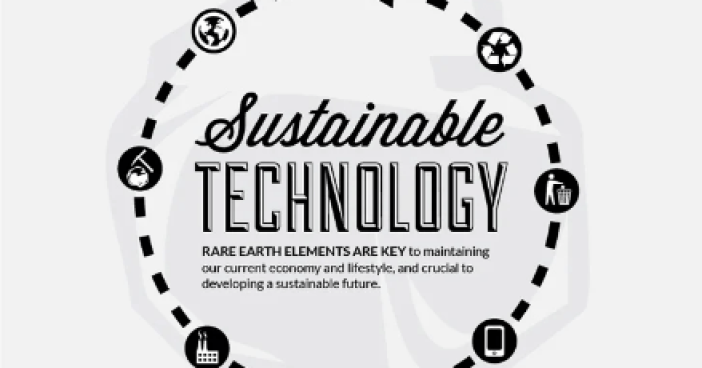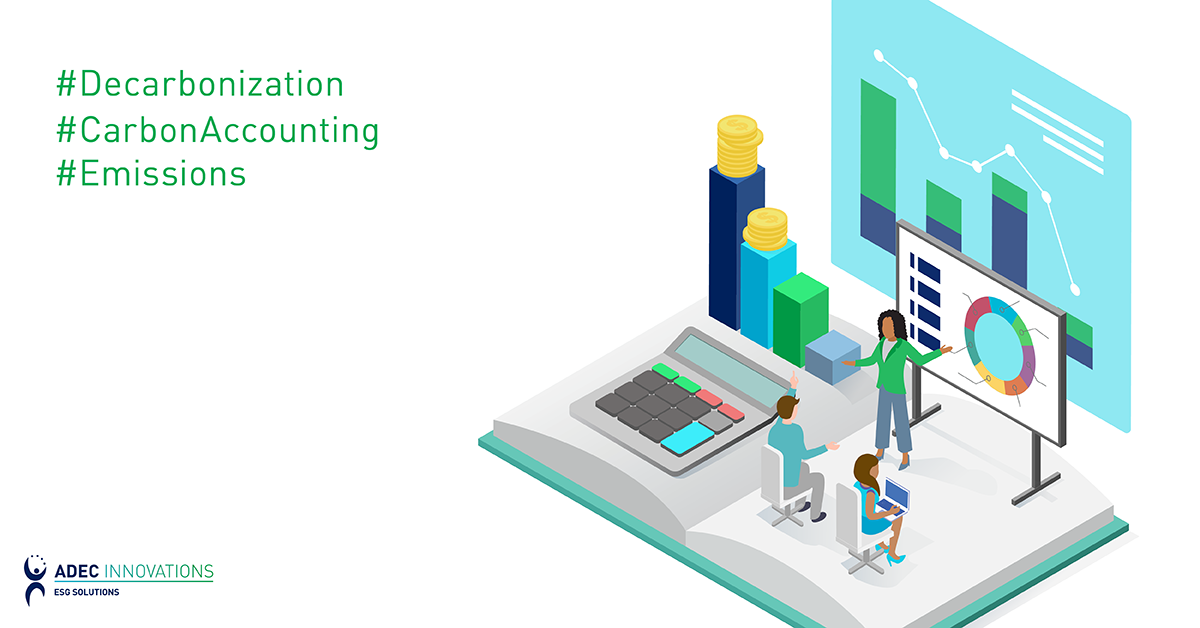Sustainability ensures business continuity by conserving resources. A company cannot produce goods and services without sufficient raw materials (e.g., clean water, wood, minerals, etc.). This, in turn, means decreased revenue for the company. In 2014, Unilever CEO Paul Polman declared that climate change-related natural disasters are costing Unilever at least USD300 million a year.
With the need to conserve resources, tech companies devise creative ways to stay a step ahead of their competitors by promoting sustainability to attract and maintain consumers. Following are some ways tech companies promote sustainability.
Develop Green Products
In 2011, Samsung released the NC215, a solar-powered laptop that doesn’t need electrical charging. Samsung has also made three “green” mobile phones—Replenish, Reclaim, and Blue Earth—which are made from corn starch bioplastic, and have energy-efficient chargers and fully recyclable packaging. They are free of environmental pollutants such as polyvinyl chloride, phthalates, beryllium and brominated flame retardants.
Encourage Employees to Engage in Sustainable Practices
As of 2010, Intel had spent USD100,000 on 13 employee projects. One example is Grave to Cradle (G2C), a plastic recycling project. Intel’s employees turned the company’s leftover plastic materials into pencil boxes, which were then filled with school supplies and donated to local schools and charities.
In addition, Intel gives bonuses to employees based on their environmental performance. Employees are rewarded for meeting sustainability targets, such as reducing paper usage or planting flowers in a vacant lot.
Implement Sustainable Product Life Cycles
Dell’s packaging has become more environmentally-friendly. It uses bamboo cushion instead of foam, and Styrofoam has been replaced with mushroom spores and agricultural wastes, like cottonseed and rice hulls. This results in reduced waste and less consumption of materials hazardous to the environment.
HP’s comprehensive product return and recycling program (implemented in 73 countries) is another example of a sustainable product life cycle. Customers can send their used HP equipment (printer cartridges, servers, storage networking products, etc.) back to the company for recycling. They can also trade in their used IT equipment (of any brand and quantity) for credit towards new HP products.
Educate Consumers about Sustainability
Through a massive Internet campaign, Nokia informed consumers about Take-back, its e-waste reduction program. The company set up 5,000 care centers worldwide where consumers can drop their old Nokia mobile phones for disposal. These old mobile phones are dismantled and their components are recycled into other products. Another example of Nokia’s education measures is the label on their chargers, reminding consumers to unplug them when not in use. This is an opportunity the company seized to teach consumers to conserve electricity.
Develop Partnerships with Like-Minded Companies
In 2007, Google and Intel founded the Climate Savers Computing Initiative, a nonprofit group of eco-conscious consumers, businesses and conservation organizations. The goals of the group are to save $5.5 billion in energy costs and to reduce greenhouse gas (GHG) emissions by 54 million tons per year. Participating manufacturers and members must commit to producing and purchasing power-efficient computing products. Members of the Climate Savers Computing Initiative include Dell, HP, IBM, Lenovo and Microsoft.
A similar organization is the Digital Energy and Sustainability Solutions Campaign (DESSC), a group of ICT businesses, nongovernmental organizations (NGOs), consumers and other stakeholders that aim to advance sustainable economic growth through technology-enabled energy efficiency and clean energy innovation. Members of the DESSC include AMD, AT&T, General Electric, Verizon and Texas Instruments.
Conclusion
Business is about more than making profits; it also means ensuring that operations will successfully continue for the long term. Sustainable products and operations help ensure that there will be sufficient raw materials for future products and services.
ADEC ESG offers cost-effective sustainability management solutions, as well as guidance on industry best practices. To stay current with global sustainability opinions, subscribe to our newsletter, Greenwatch.




